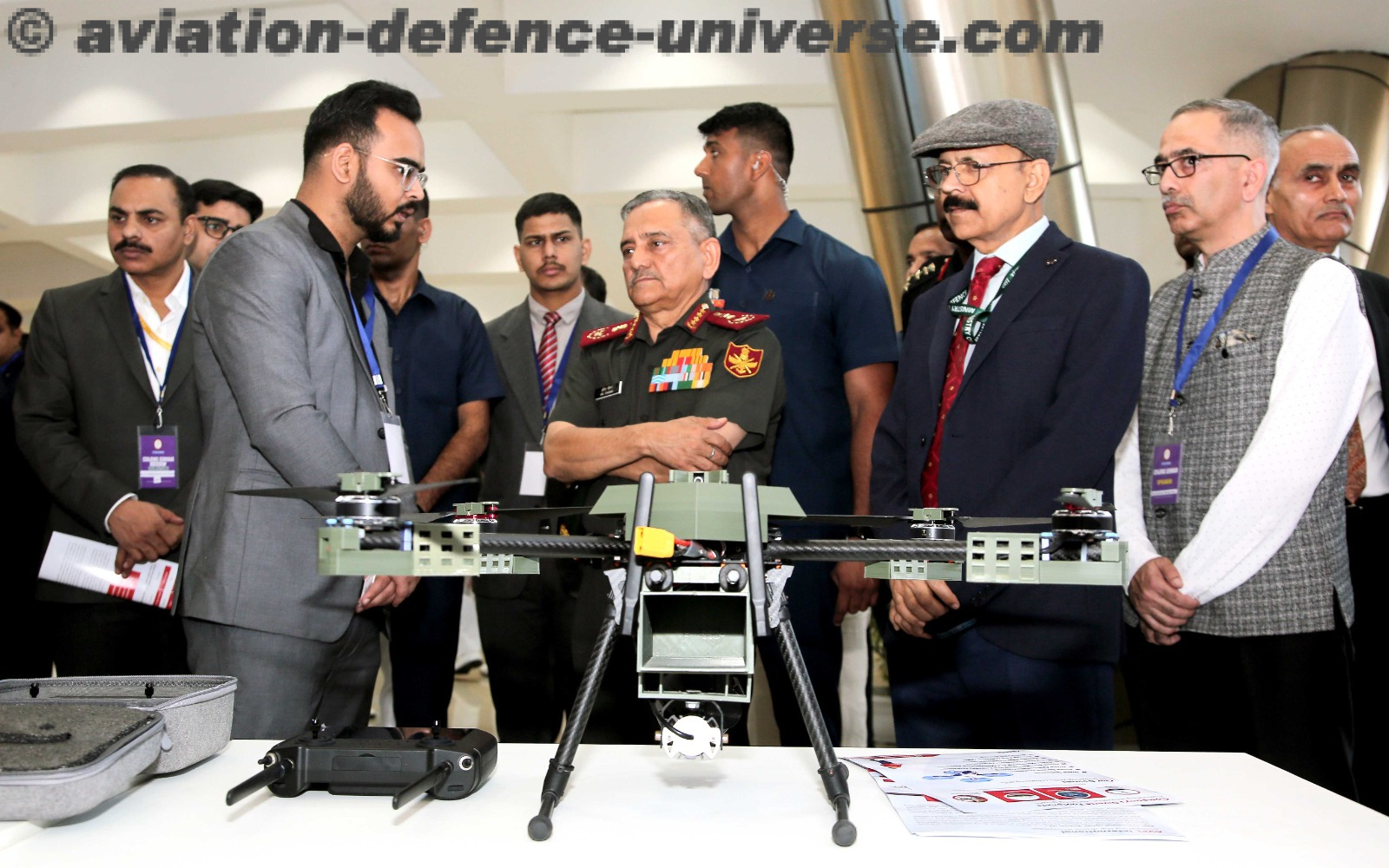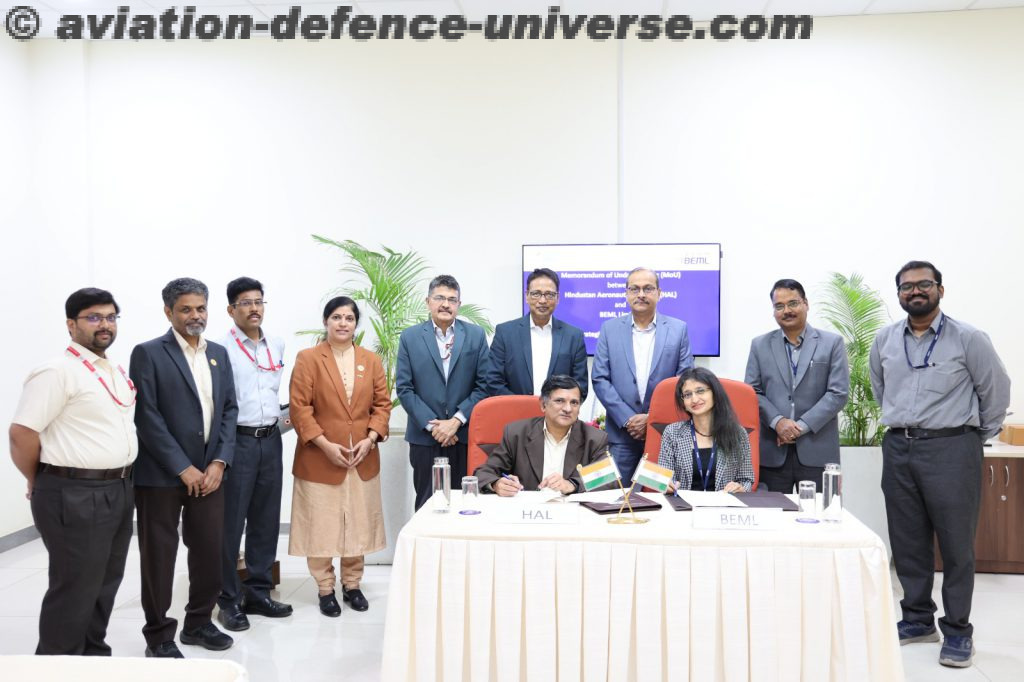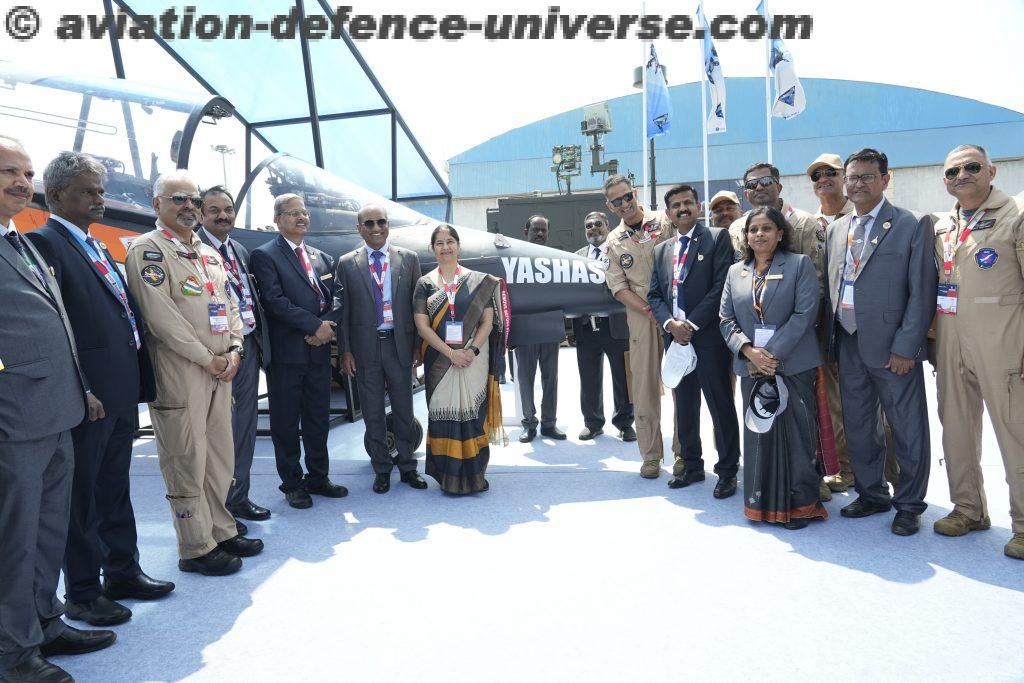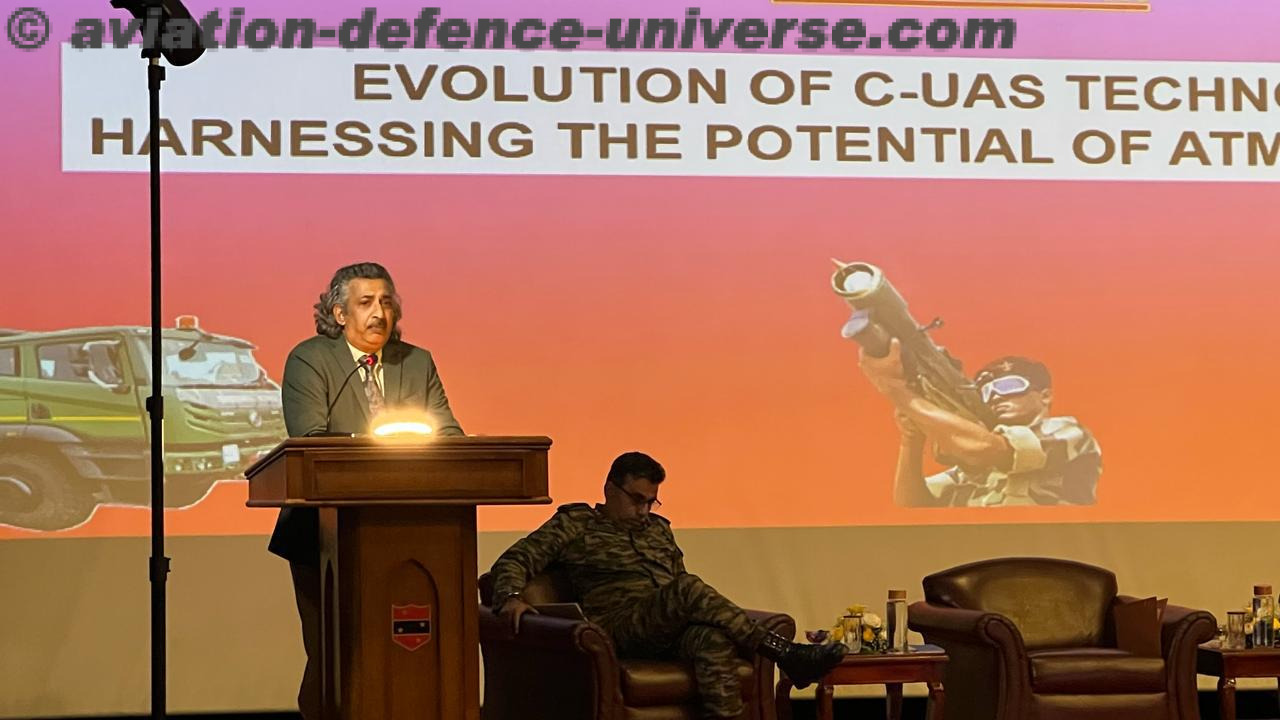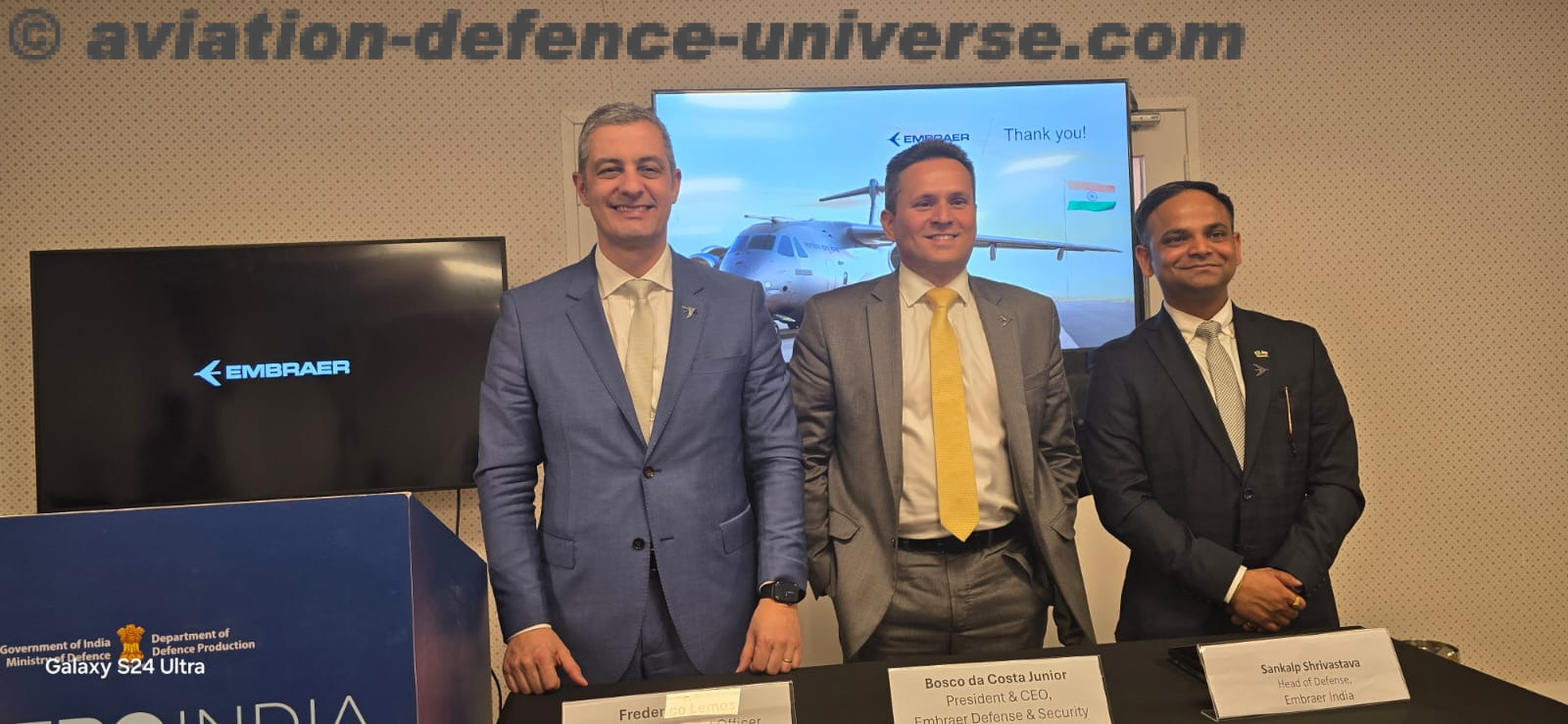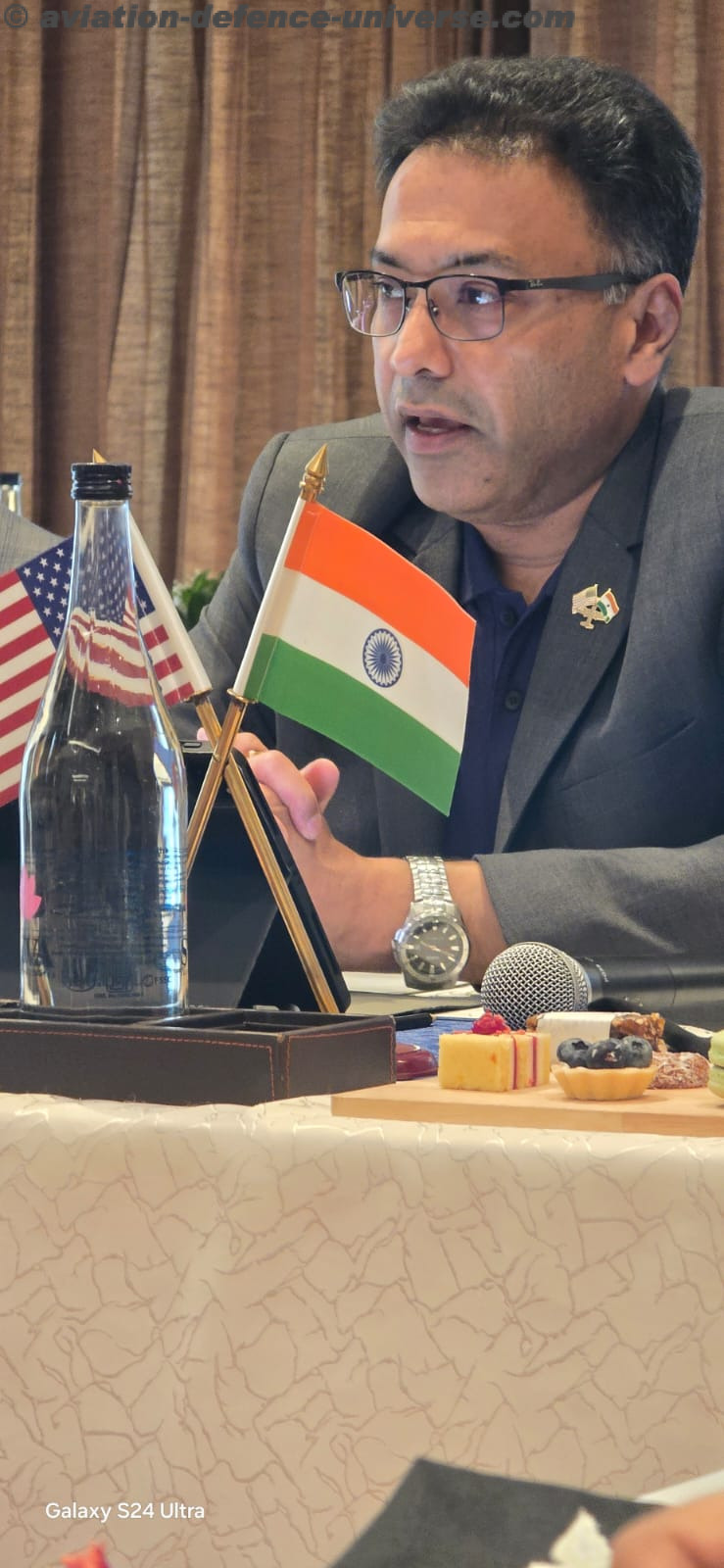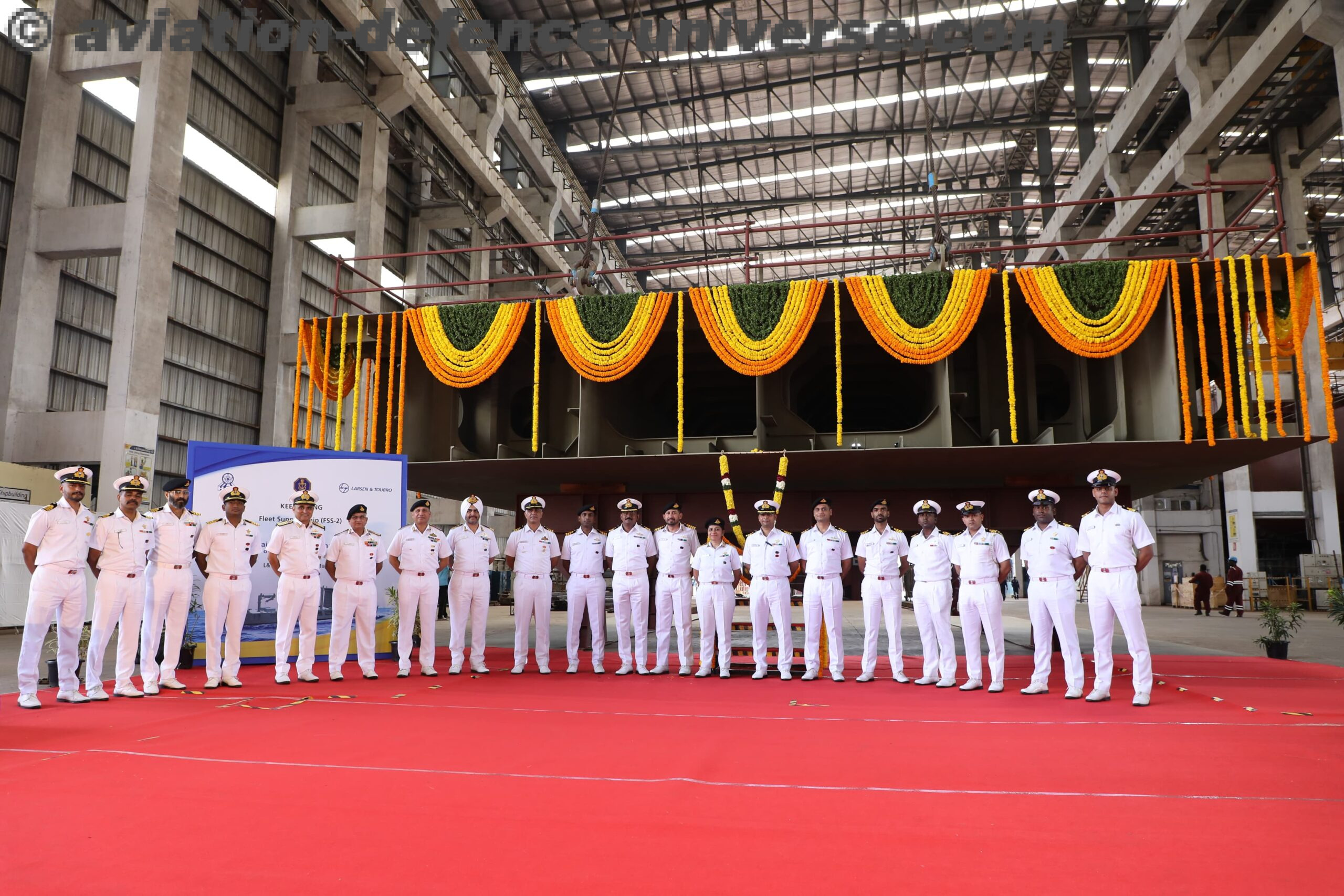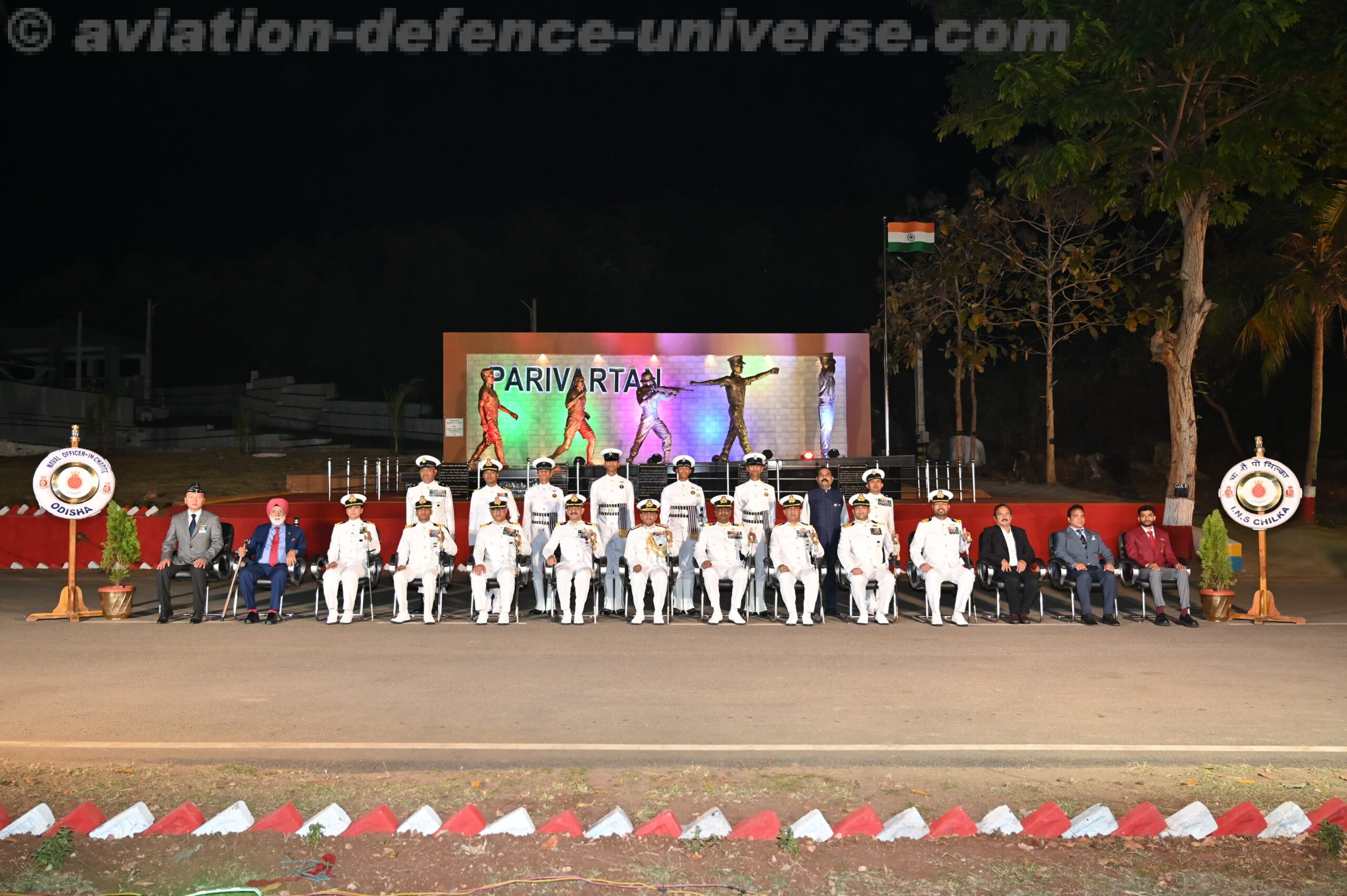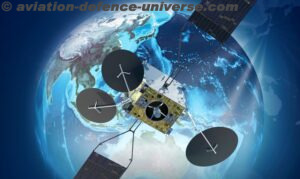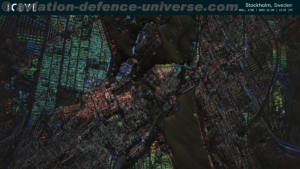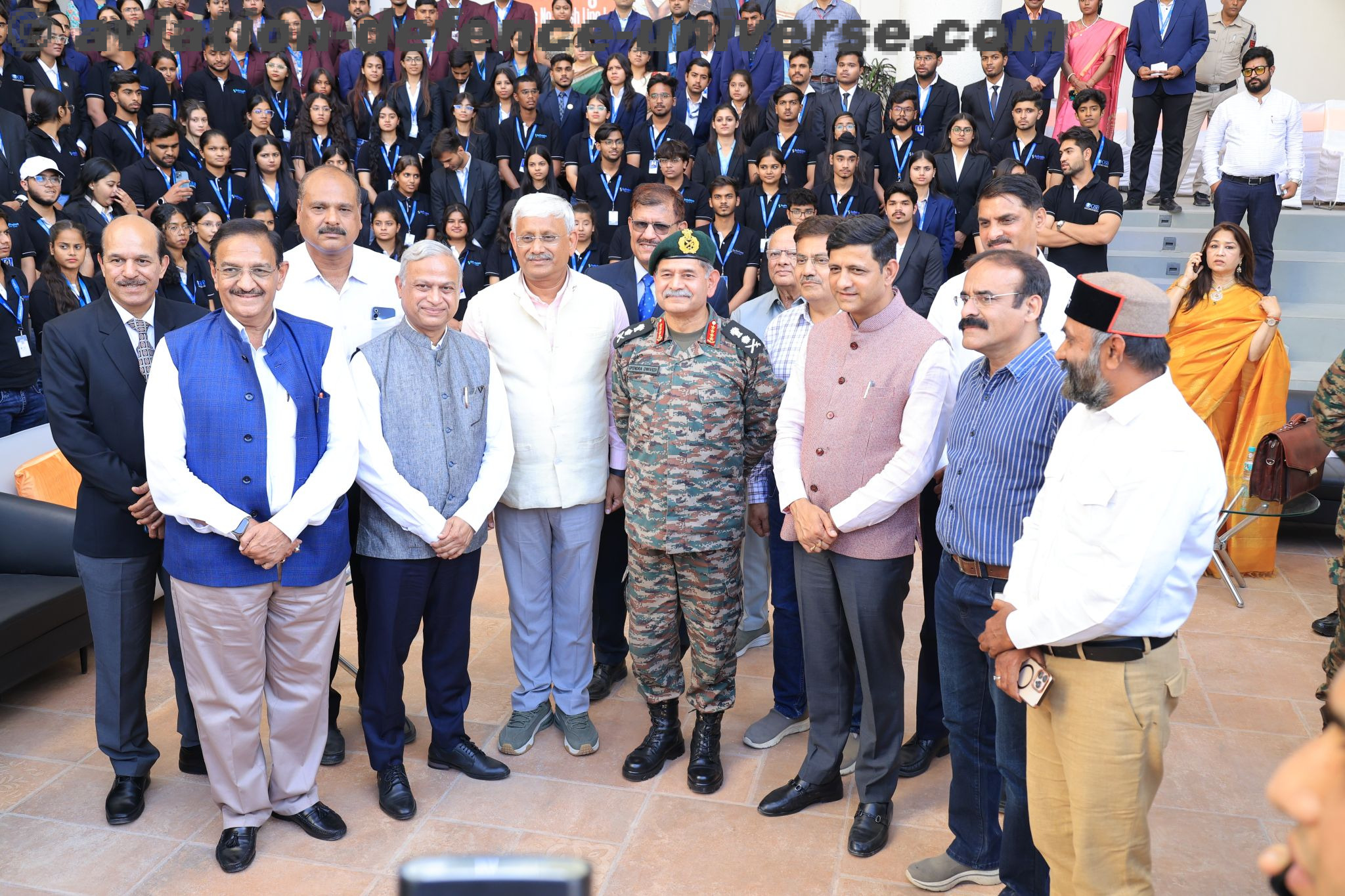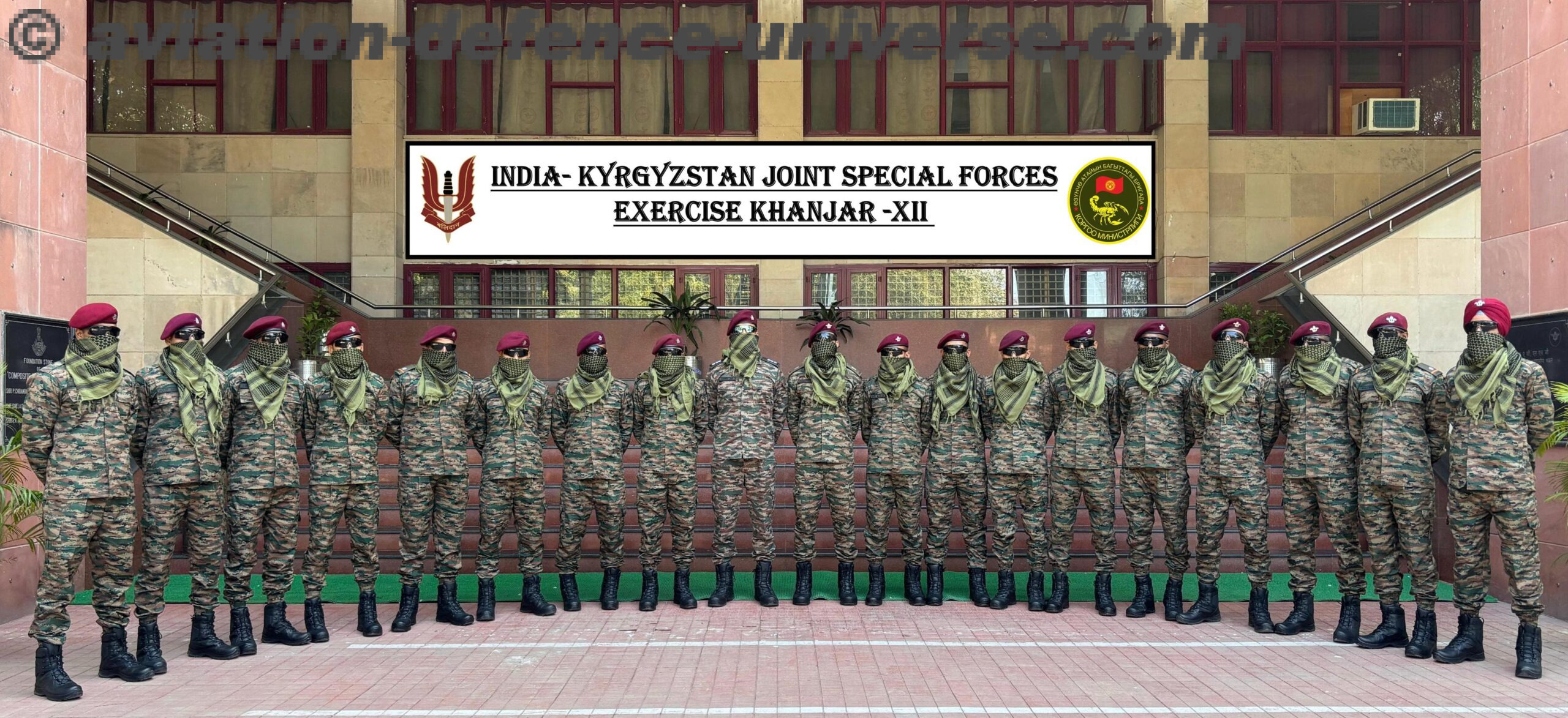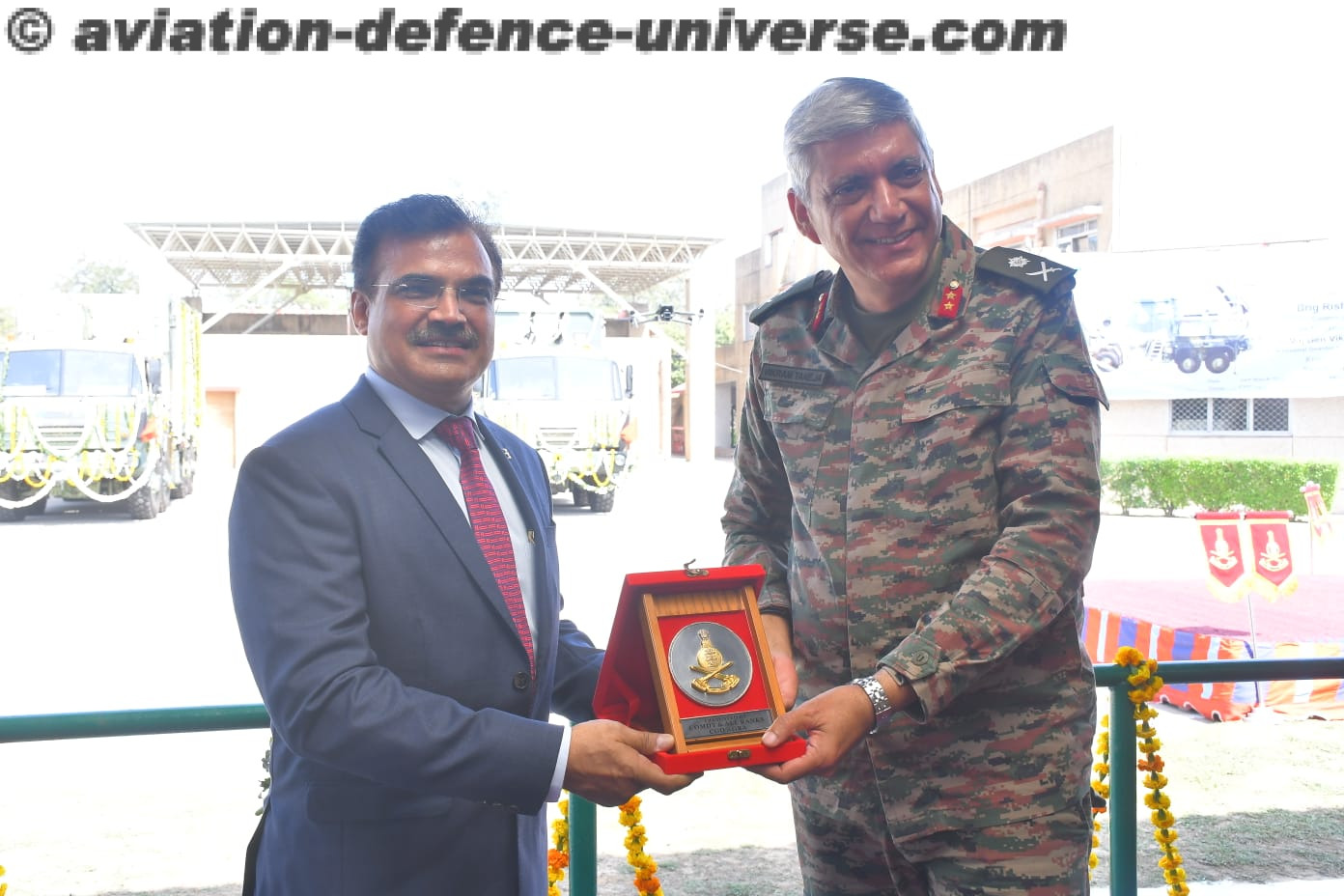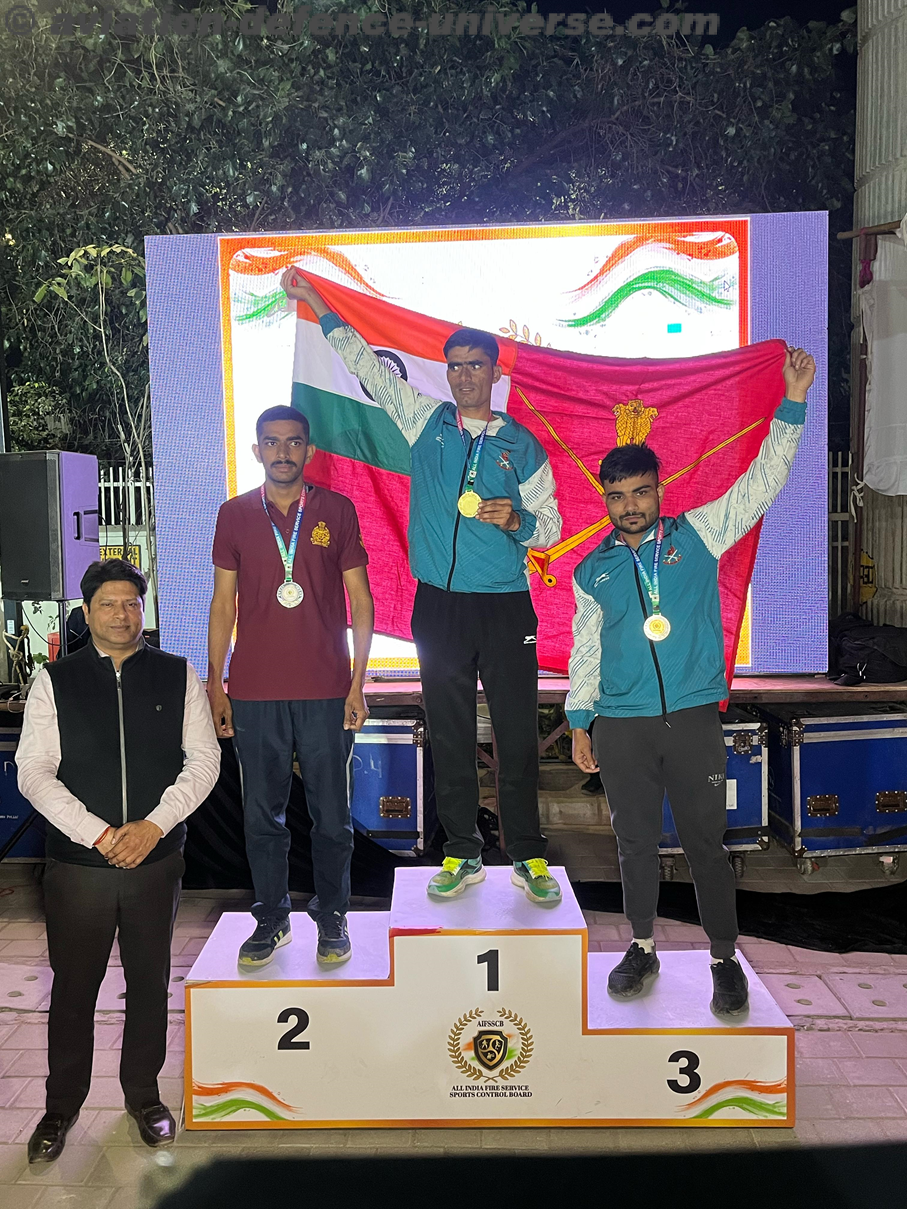- Supercomputing, artificial intelligence and quantum systems are just some of the key areas of collaboration that have been identified.
- The agreement will prove key to the success of the FCAS program and provide for fostering new supercomputing infrastructures.
- The sum total of all existing scientific and technical capabilities is essential for competing on a global scale and strengthening Spanish and European technological sovereignty.
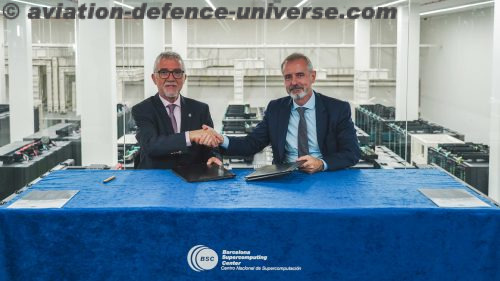 Barcelona, October 15, 2024.- Indra and the Barcelona Supercomputing Center-Centro Nacional de Supercomputación (BSC-CNS) have signed a cooperation agreement to promote research and development related to dual-use technologies with a view to strengthening Spanish and European technological sovereignty.
Barcelona, October 15, 2024.- Indra and the Barcelona Supercomputing Center-Centro Nacional de Supercomputación (BSC-CNS) have signed a cooperation agreement to promote research and development related to dual-use technologies with a view to strengthening Spanish and European technological sovereignty.
Indra chairman Marc Murtra and the BSC’s director, Mateo Valero, signed the agreement on Monday October 14 at the Barcelona Supercomputing Center’s headquarters.
The two entities have expressed their interest in cooperating to develop solutions and knowledge related to supercomputing, artificial intelligence and quantum technologies, areas of dual application in both the civil and defence sectors and of particular relevance for the NGWS/FCAS program, the initiative fostered by Germany, Spain and France to develop the defence system of the future.
The protocol signed by Indra and the BSC will facilitate exchanges of scientific and technical knowledge, staff training and the search for synergies and partnerships during other strategic dual technology programs.
It will also contribute to implementing new supercomputing infrastructures, software and hardware, thus providing the necessary processing capacity to address increasingly complex scientific and technological challenges.
Indra’s Chairman, Marc Murtra, stated that “the collaboration of the entire industrial and scientific ecosystem will enable to lead the major technological programs that are being launched throughout Europe. Integrating the knowledge and dual technologies of BSC and Indra will significantly contribute to ensuring the well-being of our society. This partnership will undoubtedly constitute a significant step forward towards strategic autonomy, reinforcing our ability to anticipate and shape the future.”
According to BSC director Mateo Valero, “conceptual designs and engineering system developments are becoming increasingly complex and they require the use of the appropriate digital tools and extraordinary computing power. The primary objective of this agreement is to establish a “system of systems” approach within the innovation ecosystem in order to contribute to enhancing the technological sovereignty of the future Spanish and European technological and industrial base”.
The agreement that has been signed puts in place a continuous communication channel and the bases to enable the BSC and Indra to work together. The potential areas for collaboration are far-reaching and of huge technological depth, encompassing, for example, simulation, the modeling and emulation of complex systems in virtual environments, research and development related to AI applications, hardware architectures, edge computing, orchestration systems in high-performance and distributed environments and quantum computing.





